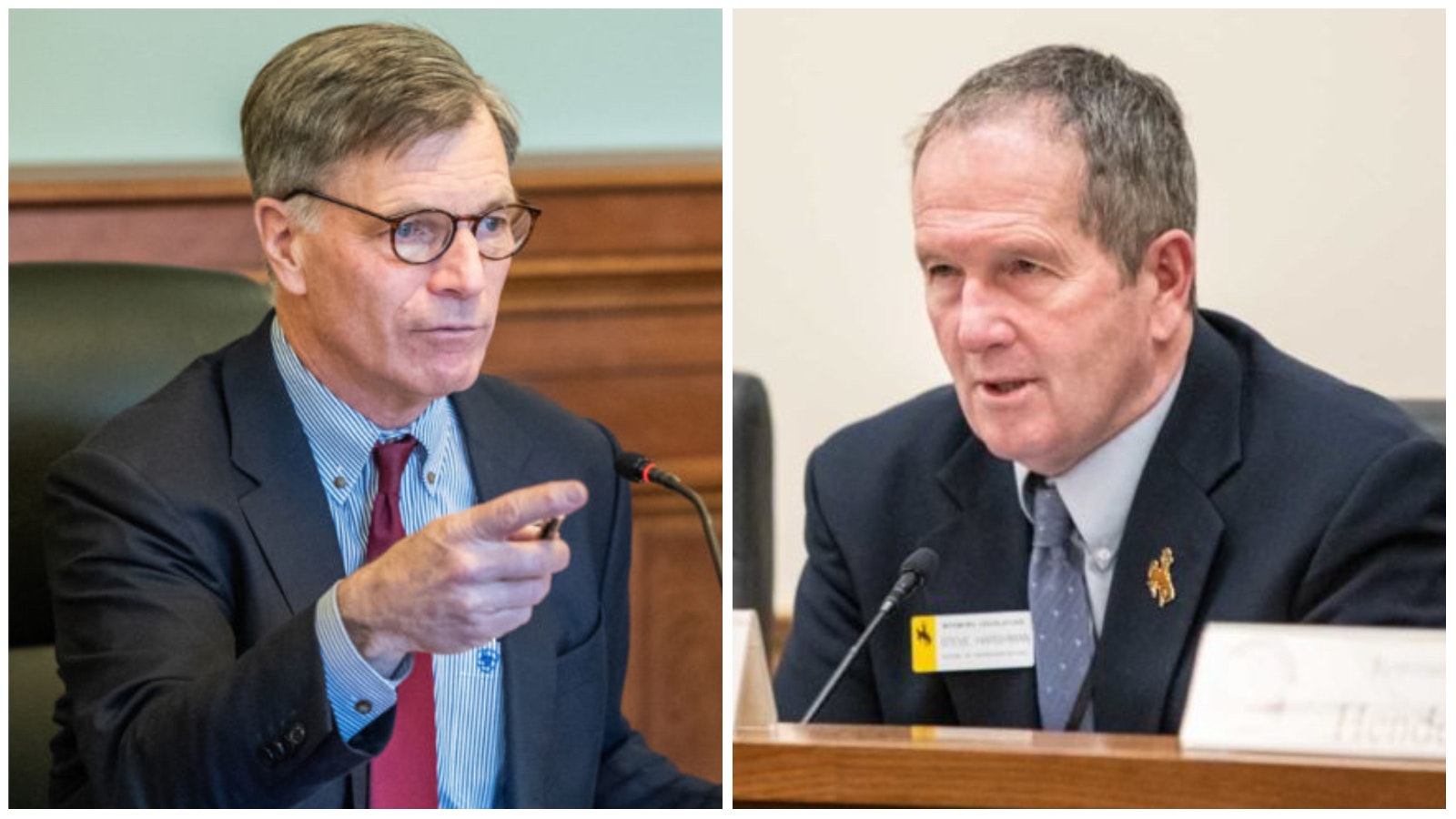The House Revenue Committee of the Wyoming Legislature gave a collective thumbs-up Thursday to a proposal that would make it easier for people to qualify for state and county property tax rebate programs.
“This is the quickest effective relief for people who really need it,” said Rep. Steve Harshman, R-Casper, chair of the Revenue Committee during a discussion on House Bill 99.
The bill increases the income threshold for homeowners from 75% to 125% of the median gross household income for the applicant’s county of residence or the state, whichever is more. It would also raise the cap on total household assets from $100,000 to $150,000 per adult in a household.
Essentially, it opens the door for more homeowners to meet the requirements to apply for rebate programs.
In addition to expanding the pool of eligible homeowners, HB 99 would increase rebate amounts from 50% to 90% of an applicant’s prior-year property taxes. However, it can’t exceed 50% of the homeowner’s median residential property tax liability.
“There’s substantial differences in what those numbers are, depending which county your property is located in,” said Brenda Henson, Wyoming Department of Revenue director.
Protection Against Double-Dipping
Under the legislation, titled “Property Tax Refund Program,” the total amount of rebates cannot exceed 100% of an applicant’s prior year’s property tax.
This is to county an applicant double-dipping and using both the state and county rebate program in the same year.
There are four Wyoming counties – Teton, Converse, Sublette and Lincoln – that run their own county rebate programs. Laramie County also is considering one.
An amendment was made to the bill that facilitates coordination between counties and state about who has received rebates, a safeguard is not now in place.
“That would ensure that we are not refunding more than the total amount of the tax bill the taxpayer paid in the first place,” she said.
HB 99 passed the House Revenue Committee on a 9-0 vote.
Other Rebate Regulation
There is also separate legislation drafted for this session that allows counties to run their own rebate programs if the state program were to cease to exist.
Of the 4,393 applicants from the 2021 tax year, more than 3,000 qualified for rebate checks. Henson said 70% of rejected applications were denied in 2021 due to applicants exceeding the income restrictions.
“Which gives us a little bit of information but really doesn’t tell us the whole picture,” Henson told Cowboy State Daily. “Typically, if an applicant sees what that income criteria is they just won’t submit an application.”
By The Numbers
The Department of Revenue has estimated a 15% initial increase in rebates will be disbursed because of the change in requirements.
Total rebates are estimated at $3.9 million for 2024, $4.1 million for 2025 and $4.3 million for 2026.
Henson said the program had never issued rebates in excess of $1 million until this past tax year, providing more than $1.8 million ranging on average from $33 to $601.
In certain parts of the state like Albany and Lincoln counties, there were substantial jumps in median property taxes bills.
In others like Niobrara County, Henson said gains were more modest.
“What this indicates is we had a lot more people needing help this past year,” she said.
The program was given $1.5 million a year for the current biennium.
“Obviously, our estimates of $1.5 million per year were not sufficient,” Henson said.
More Money
Gov. Mark Gordon made available an additional $1 million for the program in his supplemental budget proposal for a total of $4 million biennium funding.
The Joint Appropriations Committee upped Gordon’s proposal to $5 million, increasing proposed total funding for the program to $8 million. The JAC added a caveat that it can be reduced based on need.
The program, which began in 2019, was not funded in 2020, but continued to operate on prior funding. The money was reinstated the next year.
Henson also requested the committee support paying for a $108,000 salaried position dedicated to overseeing the property tax rebate and deferral programs.
A request for this position was already made for the supplemental budget, which was rejected. Henson said running these programs is now an all-hands-on deck effort.
It’s handled by “anybody that has an extra few minutes,” she said. “If we’re on deadline (and) at that point had to get things processed, had to get those checks out, I’d have to stop work in other areas.”





